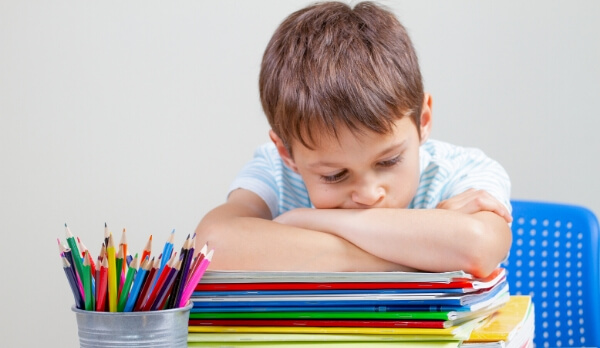
What is Resiliency?
Resilience is the ability to handle the hard things that come our way, the ability to move through the hard thing and not get stuck. 2020 knocked many of us to the ground, but life will always throw difficult curve balls and difficult situations at us, resiliency is the ability to bounce back after we get knocked down. We may not have the power to stop a difficult situation from happening, but we can learn ways to increase our ability to endure difficult situations.
Resiliency and Learning Differences
People with learning differences face hardships and traumatic situations each day. Research tells us that people with learning differences often struggle with high levels of stress, social settings, anxiety, depression, and low self-esteem at far higher rates than peers without learning differences. Frequently these experiences “stick” with people as they grow and often shape how they view themselves and the world around them.
However, research also tells us that people with learning differences also display high levels of resilience, it’s what helps them survive each day. Their ability to adapt to new and difficult situations is a skill that is often used in every area of life. We know that having learning differences can be extremely tough, no matter the severity or type. So how do we grow resiliency in ourselves, our kids, and our families who are struggling with learning differences?
Growing Resilience in Kids
Encourage Connection-One of the best ways to grow resilience in children is through connection. Kids thrive when they are connected to at least one loving and supportive adult. Find a time once or twice a week purposely connect with your child. Step into their world, play a game they want to play, learn to support them in their hobby, make the space to listen to whatever is on their mind. As they grow, encourage them to build relationships with other supportive people in their life (teachers, friends, mentors) etc..
Encourage Self-Advocacy-It can be hard at times for kids with learning differences to speak up in situations and advocate for their needs. It can feel overwhelming, scary, and hard to be “different”. Provide the space for your child to share these difficulties with you. Practice some of these conversations at home, help your child write an email advocating for their needs if that is easier, and help your child figure out what they need and how to ask for it.
Growing Resilience in Adults
Encourage Connection– Just like kids, resiliency grows in adults through connection. Finding a space where you can share your difficulties and feel supported is very important. Connecting with others who understand the struggles you face and can let you know you are not alone can be life changing.
Take Care of Yourself- Another important part of building resiliency is taking care of yourself. Get sleep, move your body, talk to a therapist, have a good cry, do whatever you and your body needs in order to have the energy to bounce back.
Moving Forward
Resilience isn’t just something you have or don’t have, it can be grown and learned! If you are a parent looking for more tips on how to grow resiliency in your family, check out www.actionparenting.org for more resources and online classes. To learn more about how Brain Breakthrough Therapy can help with anxiety and learning difficulties, schedule a free consultation today!